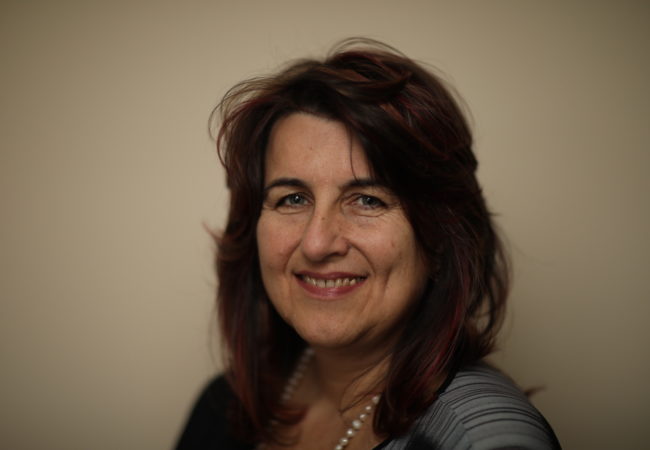
My lifelong passion for raising the awareness of the importance of SMEs recently turned to microbusinesses, and more importantly, creative industry organisations and professionals. As a Director for Enterprise Educators UK, I sit on all the assessment panels for the Small Business Charter taking the lead in feedback on enterprise and entrepreneurship learning and teaching. I have vastly enjoyed this role, and I appreciate the great effort and passion of colleagues in teaching oriented and research led universities.
This interest in creative industries began when I dropped into my local craft centre, and created a silk scarf with my own colourful design. Talking to the artists on site and their backgrounds inspired me to research this area (Hill, 2021). Like many others, one particular artist had never learned about running a business as part of her degree and training – the training was focused on technical skills only. My heart as an academic teacher and passionate customer became inflamed to study both, in terms of what artists learn and want to learn, so that I may transfer this to teaching my own students.
We celebrate in 2021 the International Year of Creative Economy for Sustainable Development! I attended the online launch in January 2021, and listened to the amazing talks from policy makers and artists from across the world. Indeed, sustainable development needs creative industries, and more widely, creative skills, to meet the requirements of the Sustainable Development Goals and the government’s campaign, Build the UK economy Back Better. Creative skills are essential for all jobs and entrepreneurship (highlighted in EntreComp), and for sustainable development in particular. Creative skills help produce innovative solutions for our societies making businesses more socially responsible.
As we in the UK enter the release of many restrictions on May 17, 2021, I want to share my insights regarding the last 12 months of teaching online and educating FOR sustainability.
Teaching for sustainability goes beyond teaching about the 17 goals of the 2030 Agenda for Sustainable Development. The 17 goals are a high level guidance for all, and goal 4 refers to Quality Education. I regard this education for implementing them in businesses as my responsibility when teaching strategy (and entrepreneurship), and creative skills is an important element for me within this ‘teaching project’. Creativity and culture are included in several SDGs, including 8, Decent work and Economic Growth, and 12 Responsible Consumption and Production.
Of the 10 Education goals, 4.7 addresses the need for all learners to be skillful, knowledgeable and empowered to apply sustainability mindsets to all they do. And indeed, the toolset associated with EntreComp is hugely effective in supporting sustainability education, as are the other resources for sustainability teaching: Try out the UNCESCO resources for educators to get inspired or the student resources on the SDGs.
This fourth sustainable development goal makes me get up in the morning with passion and mission to talk about how to implement the SDG’s in doing business – to Build Back Better!
Let’s start a discussion and share insights! Contact me: inge.hill@rau.ac.uk
Dr Inge Hill, Royal Agricultural University, Director Enterprise Educators UK
